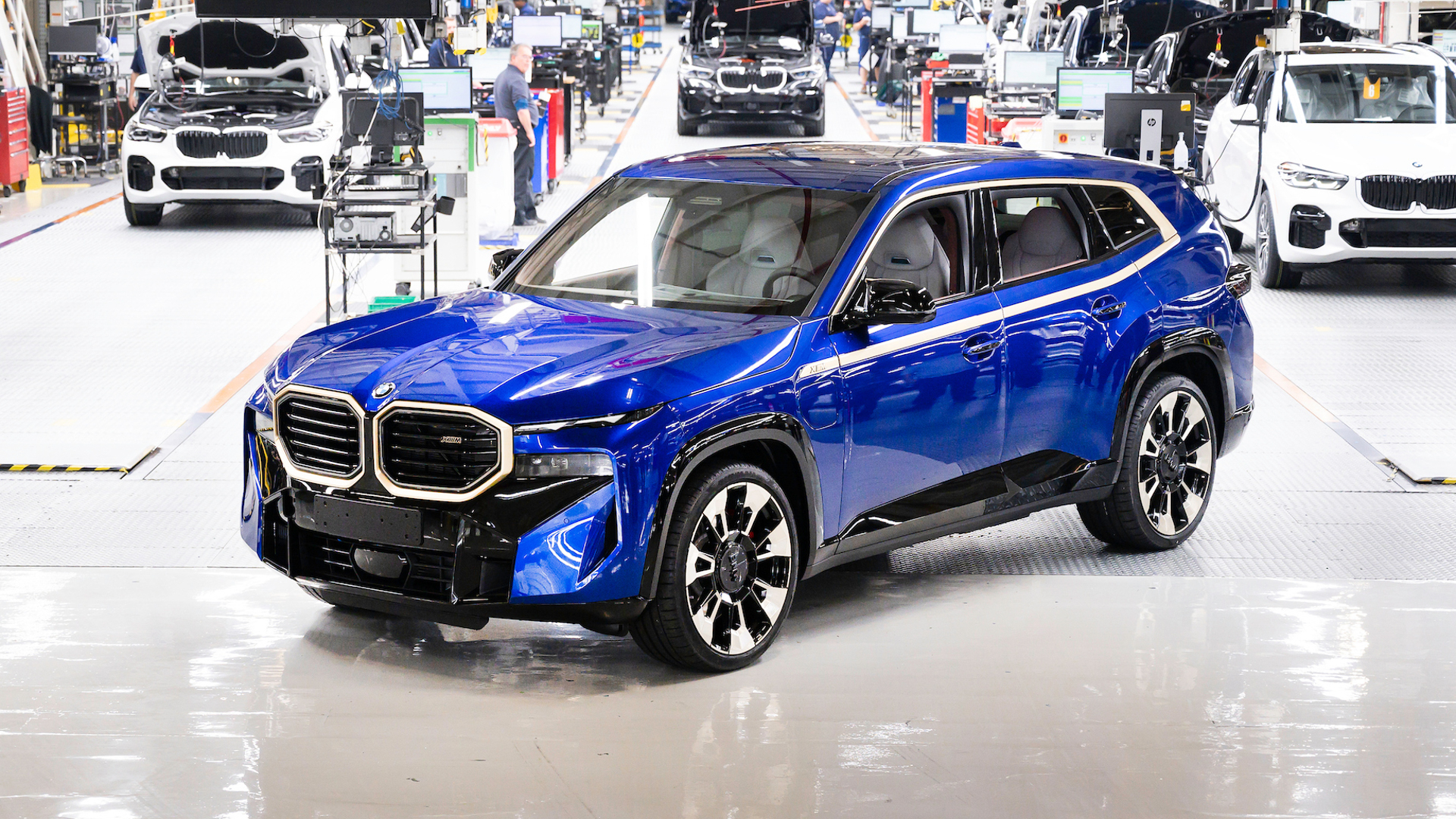

Every week that a new automaker seemingly announces the sell-by date of their internal combustion engines (ICE), BMW sticks out like a sore thumb. According to Handelsblatt, not only has BMW steered clear of those announcements but also it’s doubling down on them, saying that it will continue to invest in its current engines well past the end of the decade.
Many brands have already put a shelf life on their combustion engines, with 2030 being the average expiration date. Audi wants to stop new engine development by 2026 and completely stop selling engines by 2033. Stellantis wants to stop selling engines in Europe in 2030. Porsche even recently announced that every SUV will be electric by 2030. However, BMW wants 50% of sales to be ICE cars in 2030.

To keep ICE engines alive into the next decade, BMW will continue investing in its current crop of engines, namely the B48 four-cylinder, B58 inline-six, and S68 V8. The latter of which debuted last year and was developed to replace the aging, no longer emissions-compliant N63 V8, and it powers everything from the BMW 760i to the plug-in hybrid BMW XM. The smaller B58 engine also recently received an update, including a 48-volt mild-hybrid system. So it appears as if BMW is setting these engines up for the long haul.
It isn’t only gasoline engines that BMW is going to keep around. The Bavarians are going to continue updating and selling their diesel engines past the end of the decade as well.
A large part of its continued push for internal combustion is its SUV models, which are hugely popular and highly profitable in markets like China and the U.S. BMW could be making new generations of its X5, X6, and X7 SUVs on a flexible platform—likely an updated version of its current CLAR platform—capable of supporting both ICE and EV powertrains. Those will be built in Spartanburg, South Carolina, however, their engines will no longer be built in Munich. Instead, BMW will build electric powertrains in Munich and move engine development to Austria, the U.K., and China.

This ties into Germany’s recent opposition to the European Union’s proposed 2035 internal combustion ban. Germany joined six other European countries in opposing the ICE ban, claiming that internal combustion engines can run in a climate-friendly fashion past 2035. Germany also seems convinced that carbon-neutral fuels, such as Porsche’s e-fuel, can keep internal combustion engines alive well past the EU’s proposed 2035 end date.
That’s not to say that BMW isn’t also heavily investing in electrification. Alongside its internal combustion cars, BMW is also set to debut its “Neue Klasse” platform in 2026, an all-electric platform that will be used to underpin most of its future EVs, including the upcoming electric i3 sedan. Even some performance cars will be switched entirely to electric powertrains, such as the next-generation BMW X3 M and M3. The next-generation M5 will also be a plug-in hybrid.
BMW isn’t shying away from electrification and is actually heavily investing in it. However, it does seem confident that both electric cars and combustion cars can co-exist for far longer than European regulators say they can. So while most other automakers zig, BMW wants to zag.
Got tips? Send ’em to tips@thedrive.com